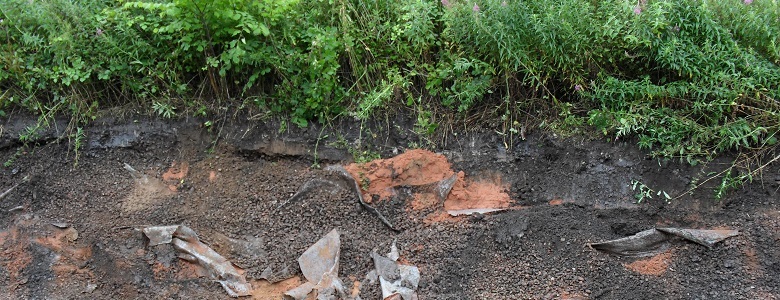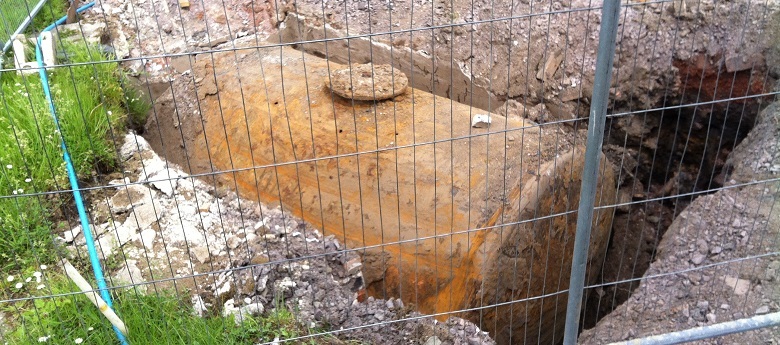If you live on or near contaminated land and/or own some, then the answer is most likely to be a resounding ‘yes’. Finding out if you are at risk is another matter, however if you know it is contaminated then assessment work will most likely have already been carried out and therefore the risks should be known.
Some of the tangible issues of living on contaminated land can be-
- risk to health from contact with the soil (e.g. kids playing on the soil, and gardening)
- risk to health from consumption of soil (e.g. soil on veg grown in the gardens, inhalation of dust)
- risk to health from inhalation of vapours produced by the soil (e.g. inside houses built on contaminated land)
- risk to property structures from contaminants (e.g. heating oil spills damaging physical structures)
There are many other potential risks including those to the environment, the list above is focused on the main issues which are likely to affect people living on the land. If you are responsible for the land, then the cost of the cleaning the land up is something to bare in mind.
It is reasonably safe to assume that your property hasn’t been built on contaminated land as regulations are in place to help prevent this happening. Click here to read more about the regulations.
Sites can however become contaminated as a result of direct contamination e.g. fuel spills, or in-directly from contaminants moving through the ground from other sites such as industrial sites.
If you’re unsure then a good place to start is with a Phase 1 study, read more on them here.
As always we’re here to help if you have any questions, feel free to contact us on 0131 538 8456 or drop us an e-mail.
2021
Soil remediation guide
Approaching soil remediation without any prior knowledge can be difficult and uncomfortable at times, especially when it can potentially be very costly. This free eBook will help you understand the whats, the whys and the hows of soil remediation in the simplest terms.




